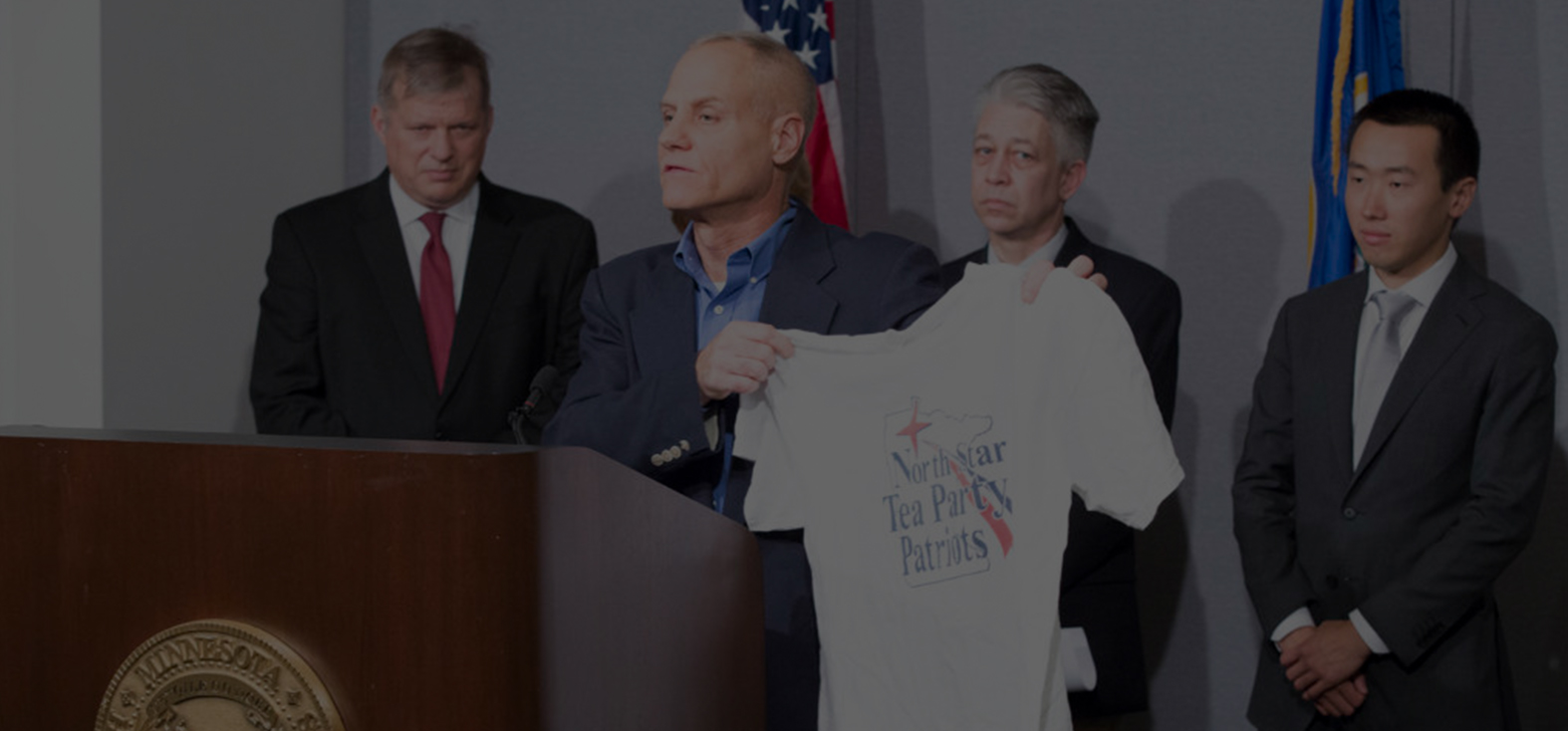
When Andy Celik went to the polls, his shirt said “Don’t tread on me.”
Minnesota did it anyway and didn’t let him vote. PLF sued and won.
Stay up to date with Pacific Legal Foundation’s latest issues, cases and clients.
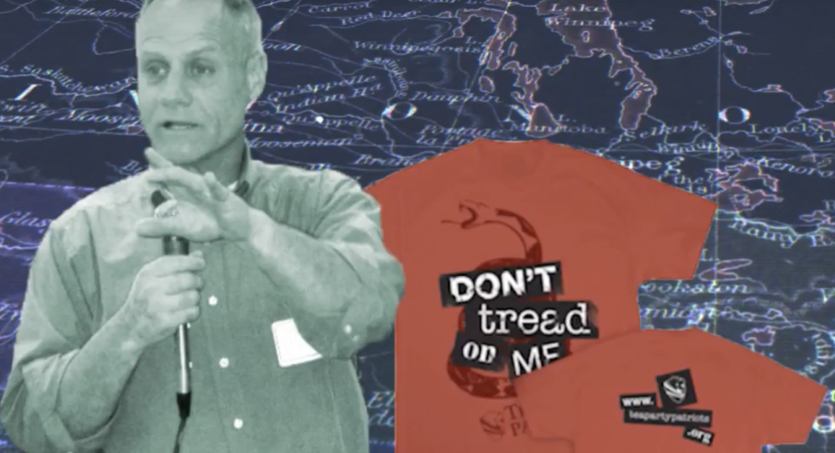
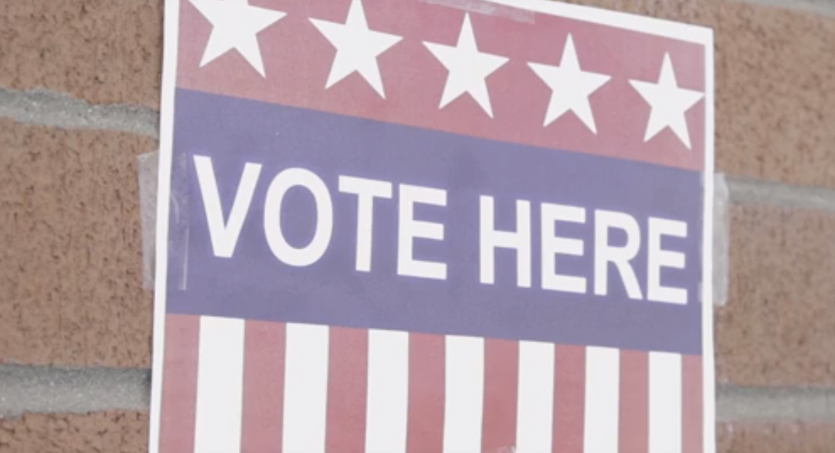 After five hours of trying to vote and facing possible criminal prosecution, Andy Cilek had enough of the Minnesota polling place dress code, and the election worker who didn’t like his “Don’t tread on me” t-shirt.
After five hours of trying to vote and facing possible criminal prosecution, Andy Cilek had enough of the Minnesota polling place dress code, and the election worker who didn’t like his “Don’t tread on me” t-shirt.
Andy sued and with PLF at his side, he fought to restore his free speech rights at the U.S. Supreme Court. The High Court agreed—government has no business treating public places as First Amendment free zones. And it’s unconstitutional for government to act as arbiters of free speech.
This case is just one of the many ways government tries to strangle free speech, and why PLF so vigilantly defends its protections.
Why We Fight
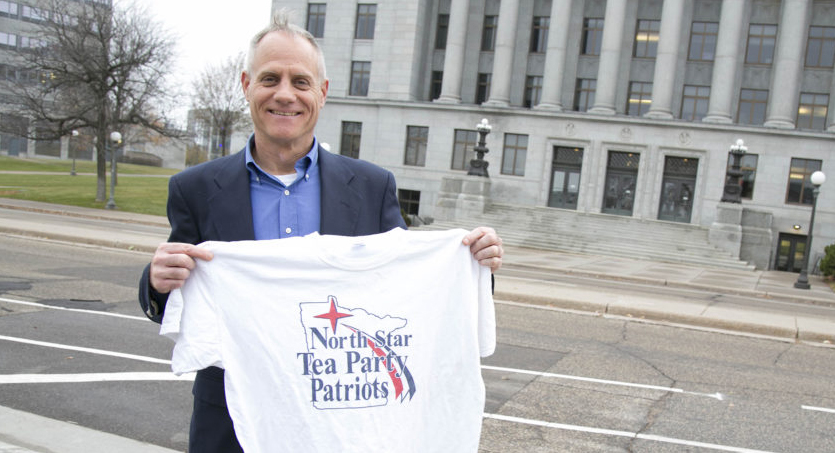 Free Speech and Association: Peaceful expression of one’s beliefs is a fundamental principle of democracy, and the First Amendment. We should not ban peaceful, passive speech from the polling place, where democracy happens. A “political” t-shirt will not destroy democracy.
Free Speech and Association: Peaceful expression of one’s beliefs is a fundamental principle of democracy, and the First Amendment. We should not ban peaceful, passive speech from the polling place, where democracy happens. A “political” t-shirt will not destroy democracy.
Free Speech and Association: Ten states impose political apparel bans, and all fifty states restrict political speech to some extent at polling places. The Supreme Court victory in this case establishes strong protections for free political speech nationwide.
Free Speech and Association: The Supreme Court decision is a strike against laws giving government officials too much discretion to censor viewpoints they don’t like. States cannot impose blanket bans on political expression. Rather, they “must be able to articulate some sensible basis for distinguishing what may come in and what may stay out” of the polling place, and other public venues such as college campuses, the DMV, and City Hall.
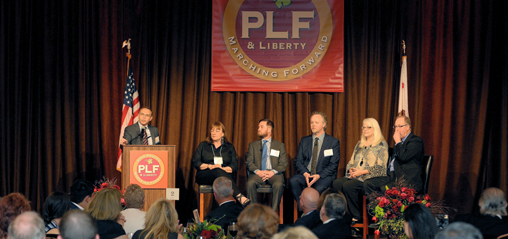
Peaceful expression of one’s beliefs is a fundamental principle of democracy, and the First Amendment.
We should not ban peaceful, passive speech in the polling place. A t-shirt will not destroy democracy.
Government officials should not have discretion to censor viewpoints they don’t like.
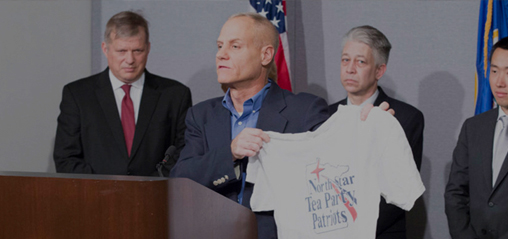
Your support empowers Americans like Andy Celik and others to fight back.
Meet other Americans fighting the law—and winning—with PLFs
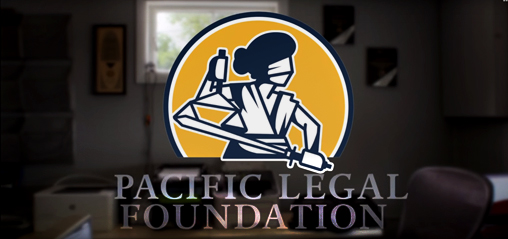
What happened to the Andy Celik could happen to anyone.
That’s why Pacific Legal Foundation exists: when government violates Americans’ constitutional rights, we empower them to fight back—and win.
PLF has 45 years of experience with the law, representing our clients free of charge and scoring precedent-setting victories in the nation’s highest courts, including 11 wins at the United States Supreme Court.
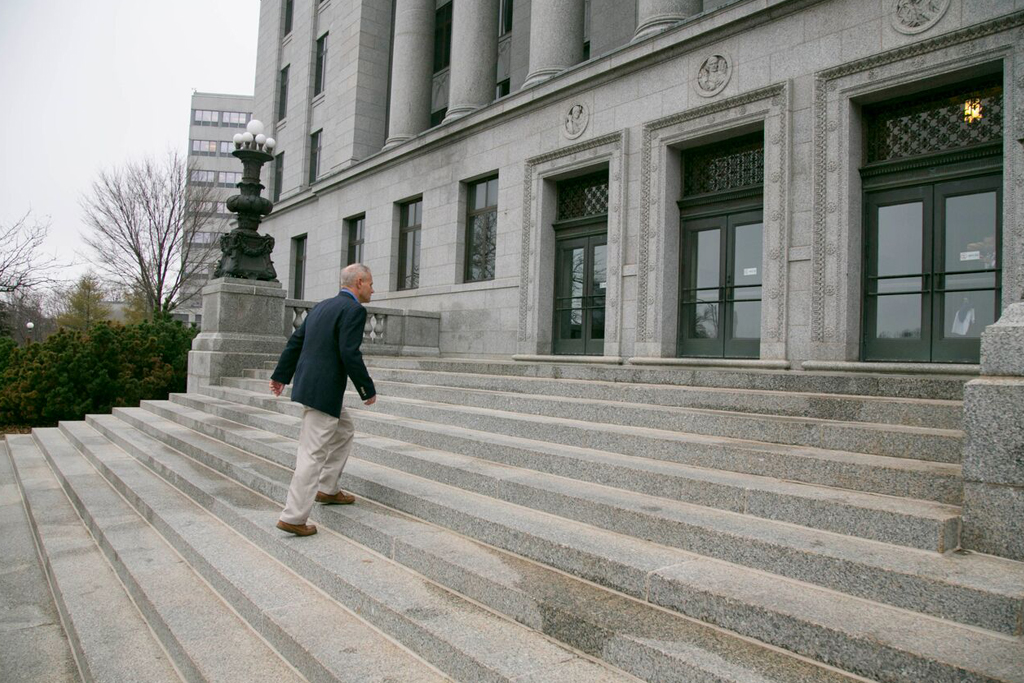 View
Andy Cilek’s journey to save free speech began in 2010
View
Andy Cilek’s journey to save free speech began in 2010
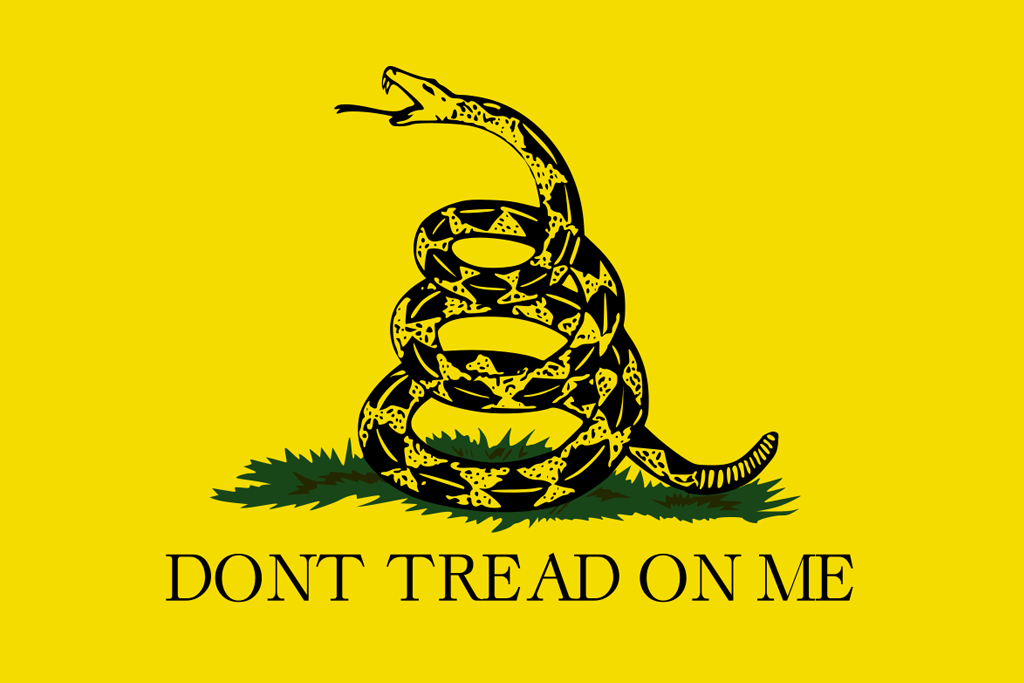 View
He wore a “don’t tread on me” t-shirt to the voting booth
View
He wore a “don’t tread on me” t-shirt to the voting booth
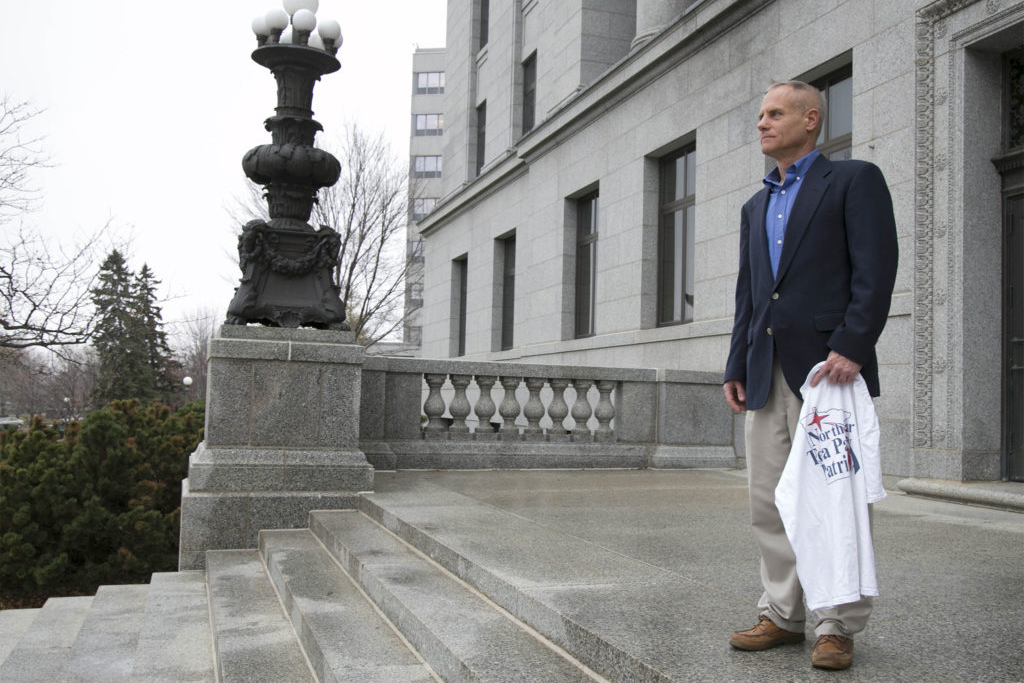 View
Minnesota election law banned clothing that could be construed as remotely political, and gave local officials authority to determine what “political” is.
View
Minnesota election law banned clothing that could be construed as remotely political, and gave local officials authority to determine what “political” is.
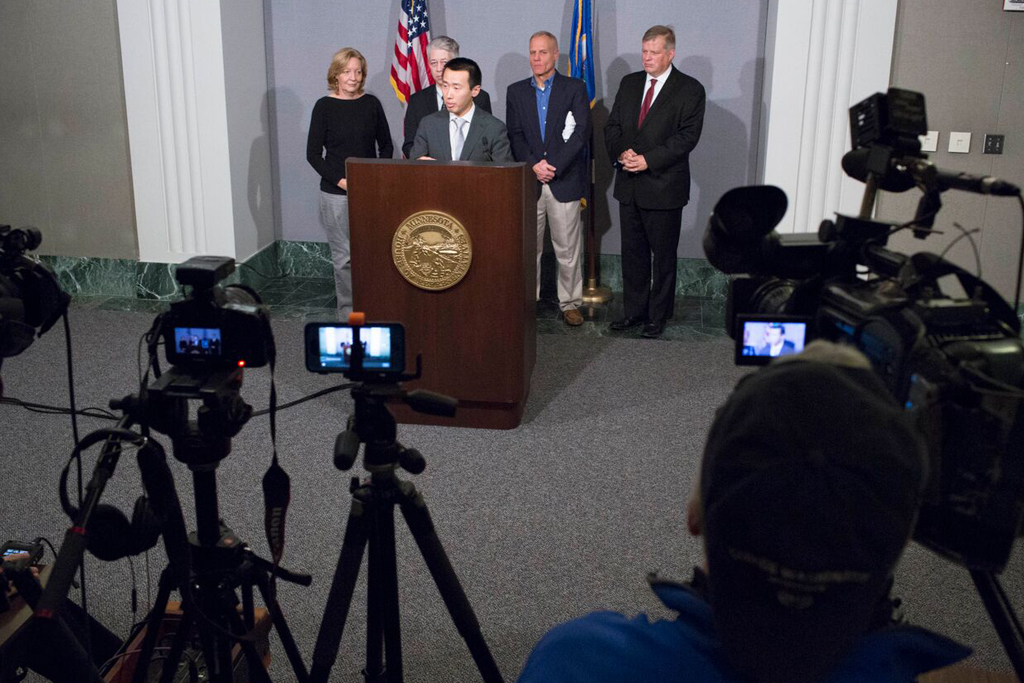 View
Andy filed a federal First Amendment lawsuit against Minnesota and appealed up to the U.S. Supreme Court.
View
Andy filed a federal First Amendment lawsuit against Minnesota and appealed up to the U.S. Supreme Court.
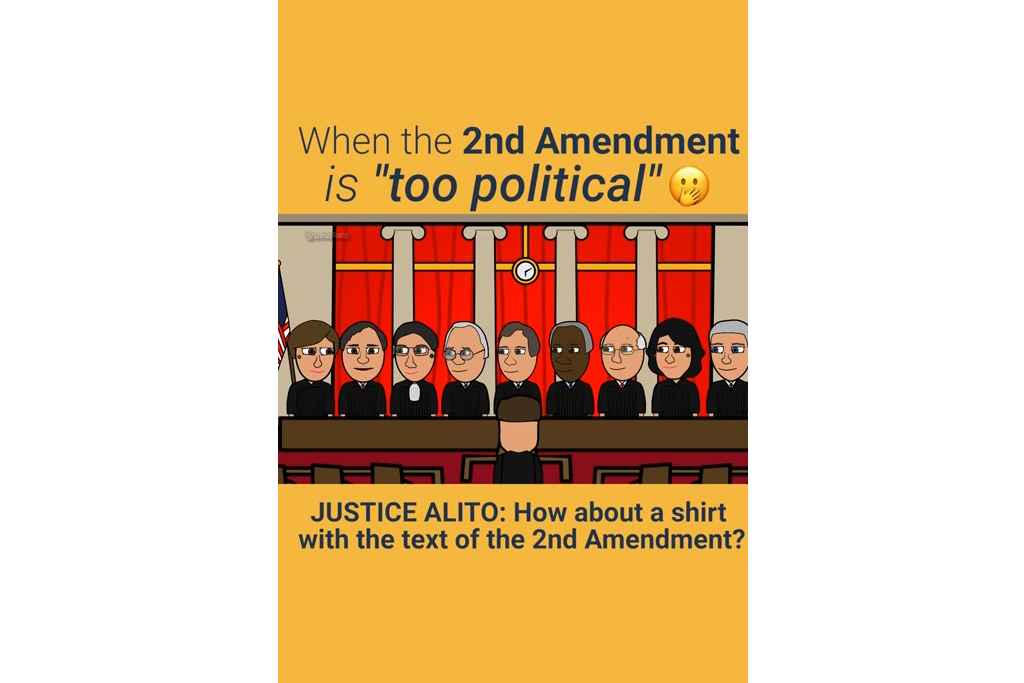 View
The Supreme Court heard Andy’s case on Feb. 28, 2018
View
The Supreme Court heard Andy’s case on Feb. 28, 2018
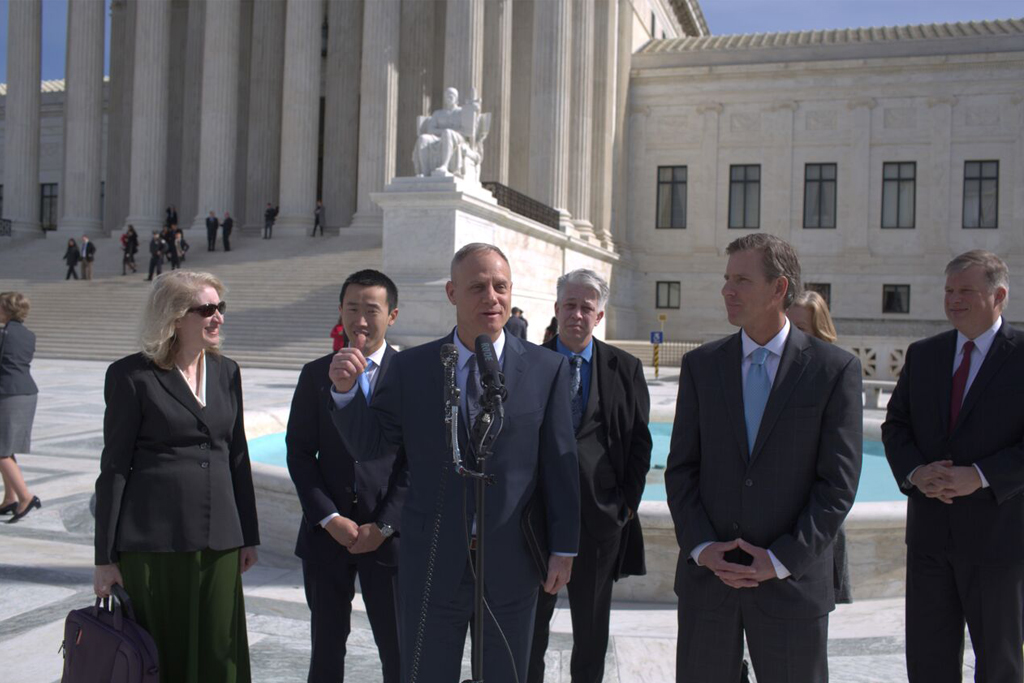 View
Supreme Court victory! 7-2 ruling says government must honor free speech in public places—even the voting booth
View
Supreme Court victory! 7-2 ruling says government must honor free speech in public places—even the voting booth
 View
Andy Cilek’s journey to save free speech began in 2010
View
Andy Cilek’s journey to save free speech began in 2010
 View
He wore a “don’t tread on me” t-shirt to the voting booth
View
He wore a “don’t tread on me” t-shirt to the voting booth
 View
Minnesota election law banned clothing that could be construed as remotely political, and gave local officials authority to determine what “political” is.
View
Minnesota election law banned clothing that could be construed as remotely political, and gave local officials authority to determine what “political” is.
 View
Andy filed a federal First Amendment lawsuit against Minnesota and appealed up to the U.S. Supreme Court.
View
Andy filed a federal First Amendment lawsuit against Minnesota and appealed up to the U.S. Supreme Court.
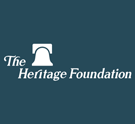
With just two weeks to go until the end of its term, the Supreme Court ruled 7-2 in Minnesota Voters Alliance v. Mansky that Minnesota’s ban on so-called “political” apparel at the polls on Election Day violates the First Amendment.

Last week the Supreme Court struck down a Minnesota law that banned voters from going to the polls while wearing T-shirts, buttons and similar items containing politically charged messages.

In the case known as Minnesota Voters Alliance v Mansky, U.S. Supreme Court justices struck down a Minnesota law that prevented people from wearing "any political badge, political button, or other political insignias."

A new decision from the United States Supreme Court may limit the ability of states to ban certain types of political clothing at polling places.